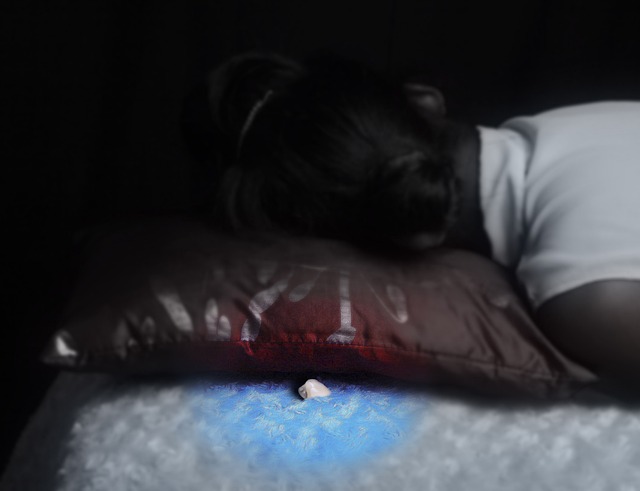You may pay a dollar or two to your kids when they lose their teeth…or rather, the Tooth Fairy pays them. When you collect those teeth in the middle of the night, don’t throw them away.
Let’s talk about cryopreservation of stem cells. It’s not science fiction like you might think. Scientists claim that baby teeth have the stem cells necessary to help regenerate various parts of the body (well, one day). Parents are taking this knowledge and saving their kids’ teeth for a just-in-case situation. The practice is known as tooth banking.

Photo by Anima Visual on Unsplash
Quick Lesson on Stem Cells
Stem cells are the cells that our organs and tissues grow from. They are unique because they can regenerate, divide, and repair.
According to the Mayo Clinic, there are two types of stem cells:
Embryos: These form during embryologic development in the blastocyst phase.
Adult tissue: Also known as adult stem cells.
The stem cells that are found in baby teeth are commonly referred to as SHED cells. They have slightly different properties. Dr. Pamela Robey, the chief of the branch of the craniofacial and skeletal disease of the National Institute of Dental and Craniofacial Research told CNN, “The SHED cells seem to make not only dentin but also something that is similar to bone.”

Image by Alex Azasoo from Pixabay
Insurance for Your Kids
By keeping baby teeth, which are a source of stem cells, it can be seen as biological insurance. It could help to provide bone marrow or something else, potentially, in the event that your kid ever gets sick.
Scientists are still torn on whether the science will make it so that they can obtain what they need from the teeth as of yet.
Saving the teeth isn’t as simple as just placing them in your jewelry box, though. They’ll need to be placed into cryopreservation. Such stem cell banks include ToothBank and Store-A-Tooth.
Right now, the science isn’t quite there, but it could be at any point. If you’re concerned that your child may one day need the stem cells found in their teeth, it may be something to explore.

